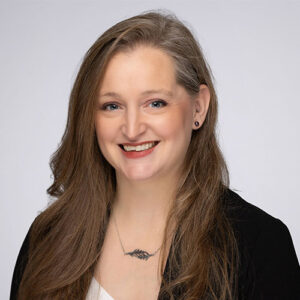About the award
This prestigious distinction recognizes an individual or group who demonstrates sustained excellence in Canadian health care and/or health care research. Its recipients are the people who ensure our health care professionals meet the high standards that Canadians enjoy and expect. This award is unique in that its nominees and recipients come from a broad range of health disciplines, such as dentistry, physical therapy, and medical practice.
The award has been renamed after Dr. Maureen Topps, Executive Director and Chief Executive Officer (CEO) of the Medical Council of Canada (MCC) from 2018 to 2023. Throughout her career, Dr. Topps has accumulated a wealth of experience in numerous positions related to the assessment of competence – from roles in program accreditation and her time as a postgraduate dean to extensive committee work, most notably as Chair of the MCC National Assessment Central Coordinating Committee (NAC3) – demonstrating an unwavering commitment in this area.
Nomination process
Nominations may be made by an individual or organization knowledgeable in assessment procedures within the health care professions and faculties of medicine/health sciences in Canada.
A nomination letter must be submitted electronically to awards@mcc.ca no later than April 30 of the current year.
In addition, the supporting documents listed below must be either included with the nomination letter or submitted later:
- A minimum of one additional letter of support from a person or organization, other than the principal nominator, familiar with the work of the nominee
- The nominee’s current curriculum vitae
2025 recipient

Meredith Young, PhD
Meredith Young, PhD, is a professor at the Institute of Health Sciences Education at McGill University. She earned her PhD in cognitive psychology from McMaster University, where she studied how individuals with and without medical expertise reason through complex problems in medicine. More specifically, she studied the intersection of more intuitive decision-making and more structured, rule-based reasoning.
Dr. Young’s current work examines reasoning in health professions education and the assumptions that underpin what we think makes for a good decision. She explores this topic in three main areas: 1) issues related to clinical reasoning, 2) issues of validity and assessment in health professions education, 3) issues related to the ways we conduct research in health professions education. Her work aims to make our understanding of key concepts in health professions education more explicit to support productive dialogue that better supports teaching, assessment, and scholarly practices.